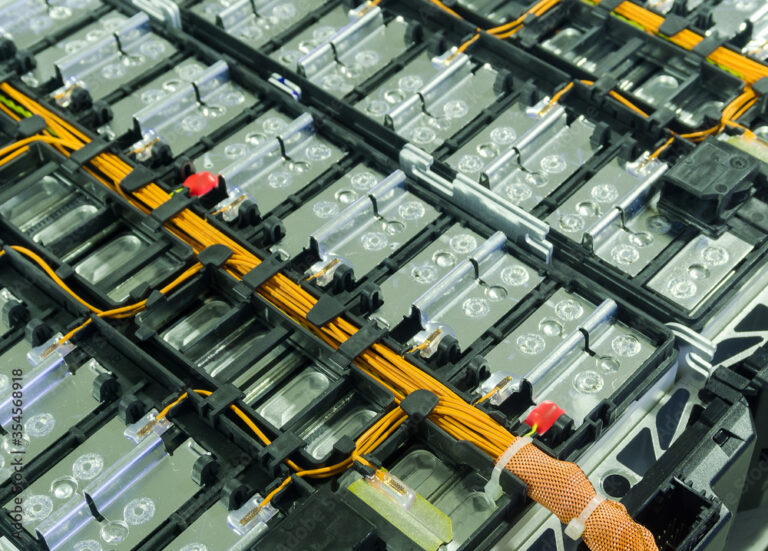Battery technology company X-BATT has been exploring coffee and other bio-based resources as potential power sources for lithium-ion batteries.
Aiming to address the growing demand for lithium-ion batteries, X-BATT’s research tackles the need for alternative anode materials. By using agricultural waste products as a low-cost carbon source, the company aims to mitigate the critical mineral shortage, using polymer-derived ceramic (PDC) composite materials, synthesized through patented processes, which incorporate various bio-based carbon sources.
Initial screenings of this technology have shown promising results, which the company says can be a pathway to create sustainable, high-performance lithium-ion batteries.
The research uses bio-based resources such as wood, bamboo, corn husk, rice husk and even spent coffee grounds. According to X-BATT, these materials have demonstrated higher reversible specific capacity and better rate capability than traditional graphite.
As X-BATT moves forward with research and development, collaboration with government labs, private companies and universities is crucial to refine and eventually commercialize the technology.
Bill Easter, CEO of X-BATT, said, “By harnessing the power of bio-derived materials, we’re not just innovating for the sake of progress; we’re addressing global challenges of resource scarcity, environmental impact and energy security.
“Our work paves the way for a future where batteries are not only more efficient but also more aligned with the principles of sustainability and renewable energy.”
For more on battery materials, please click here.


